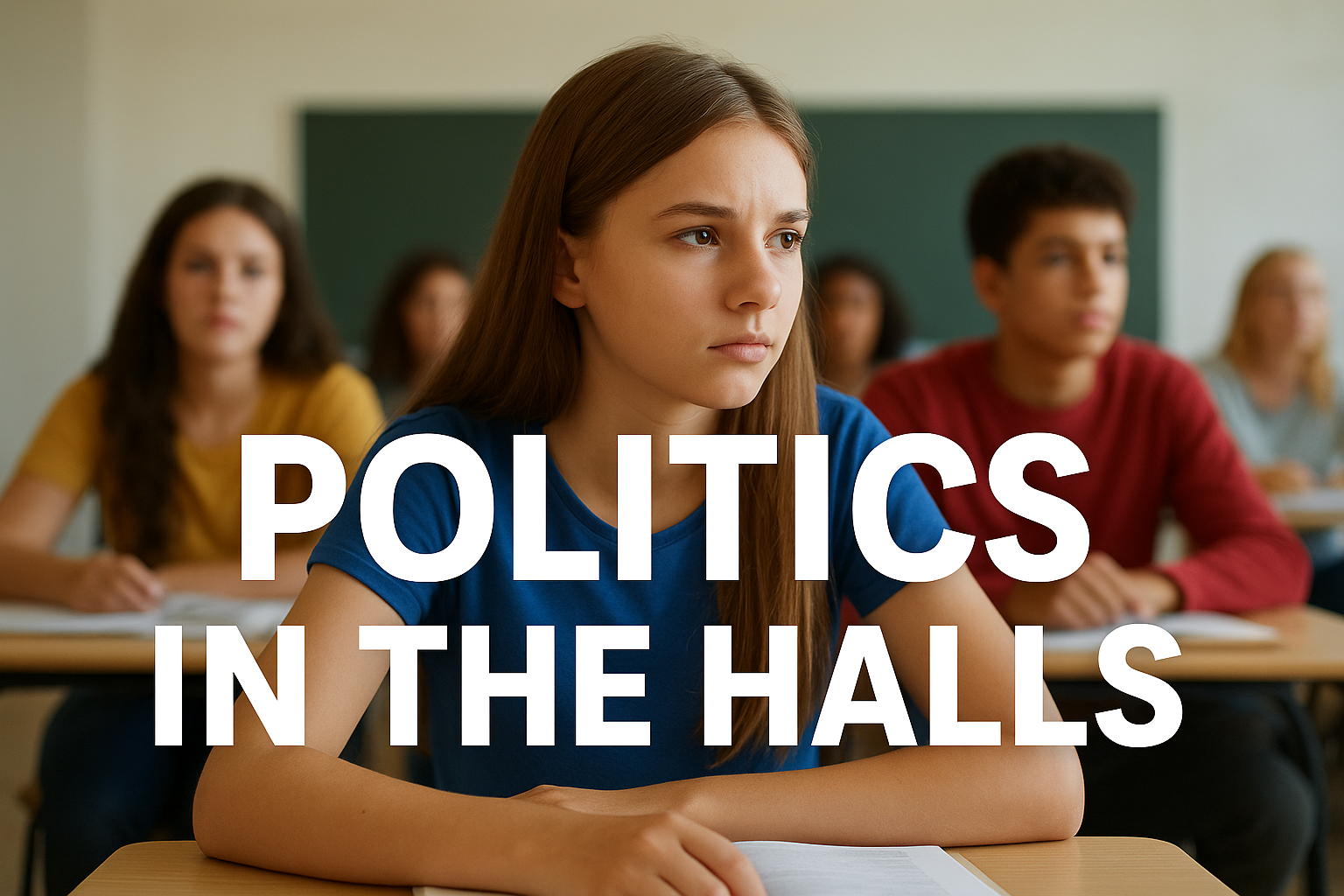

Battling Chronic Absenteeism: Reshaping Education Post-Pandemic
In the wake of the COVID-19 pandemic, educational systems worldwide have been grappling with the repercussions of disrupted learning. One of the most significant challenges has been the surge in chronic absenteeism, defined as missing at least 10% of school days. Nationwide rates in the United States have soared from 25% to a staggering 63.1% post-pandemic, illustrating the severity of the issue.
Attendance is not only crucial for individual student success but also plays a fundamental role in shaping the overall school climate. Metrics that measure school climate always include attendance, as it is a key indicator of the quality and character of school life. School climate encompasses various aspects such as student attendance, teacher attendance, teacher satisfaction, student discipline, suspension rates, and more. It serves as the overarching measurement of school health, with attendance being just one component of it. When students are regularly present in school, it fosters a positive atmosphere conducive to learning, engagement, and overall well-being. Conversely, high rates of chronic absenteeism can signal underlying issues within the school environment that need to be addressed comprehensively. Therefore, efforts to improve attendance not only benefit individual students but also contribute to creating a supportive and thriving educational community.
Maryland, in particular, has been deeply impacted by high chronic absence rates, with Baltimore City emerging as one of the most affected areas. Reports indicate that three-quarters of schools in Maryland have experienced high or extreme chronic absence rates, with approximately 30% of students being chronically absent in half of these schools.
The transition back to in-person schooling has presented unprecedented challenges for students, contributing significantly to the rise in absenteeism. Many students have struggled to readjust to the rigors of in-person learning after extended periods of remote education. As a result, efforts to improve attendance have become more critical than ever.
Various solutions have been proposed to address chronic absenteeism effectively. One such solution involves implementing home visits to reconnect with students and their families, emphasizing the importance of regular attendance. Initiatives like those offered by Concentric Educational Solutions have shown promise in this regard, providing targeted interventions to support students in returning to school regularly.
Moreover, community schools that offer expanded services beyond traditional academics have emerged as a viable strategy to combat absenteeism. By providing access to resources such as healthcare, counseling, and afterschool programs, these schools create a supportive environment conducive to student engagement. Encouraging participation in extracurricular activities further fosters a sense of belonging and connection to the school community, reducing absenteeism in the process.
However, it is crucial to recognize that addressing chronic absenteeism requires a multifaceted approach. While implementing new initiatives is essential, ensuring their effectiveness is equally paramount. Efforts must be made to evaluate the impact of these strategies rigorously and make necessary adjustments to optimize outcomes.
Despite recent improvements in attendance rates, they still fall below pre-pandemic levels, posing a significant obstacle to educational initiatives such as the science of reading or tutoring programs. As such, ongoing commitment and investment in attendance improvement efforts are imperative to support student success in the post-pandemic era.
Chronic absenteeism presents a formidable challenge for educators and policymakers alike, particularly in the aftermath of the COVID-19 pandemic. By implementing targeted interventions, fostering community partnerships, and prioritizing attendance improvement efforts, we can work towards ensuring that every student has the opportunity to thrive in school.
Dig Deeper With Our Longreads
Newsletter Sign up to get our best longform features, investigations, and thought-provoking essays, in your inbox every Sunday.
The MEN was founded by John Huber in the fall of 2020. It was founded to provide a platform for expert opinion and commentary on current issues that directly or indirectly affect education. All opinions are valued and accepted providing they are expressed in a professional manner. The Maryland Education Network consists of Blogs, Videos, and other interaction among the K-12 community.










